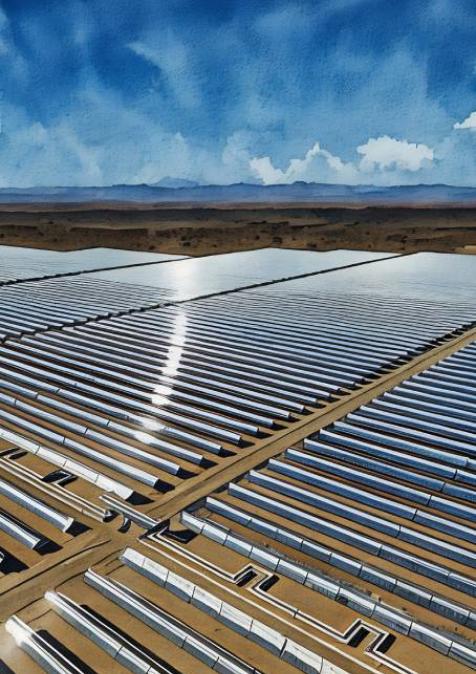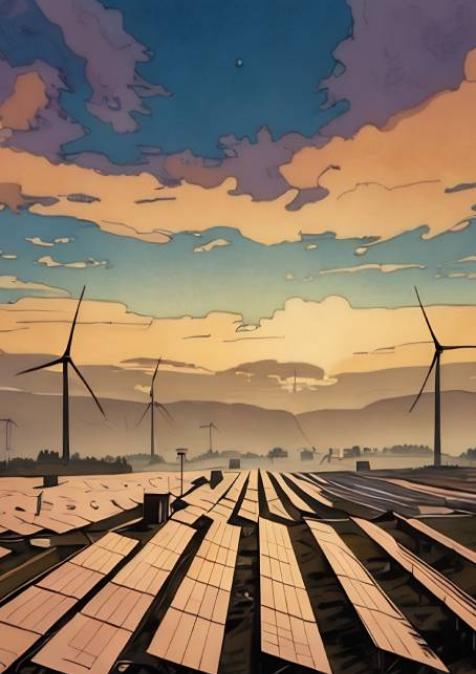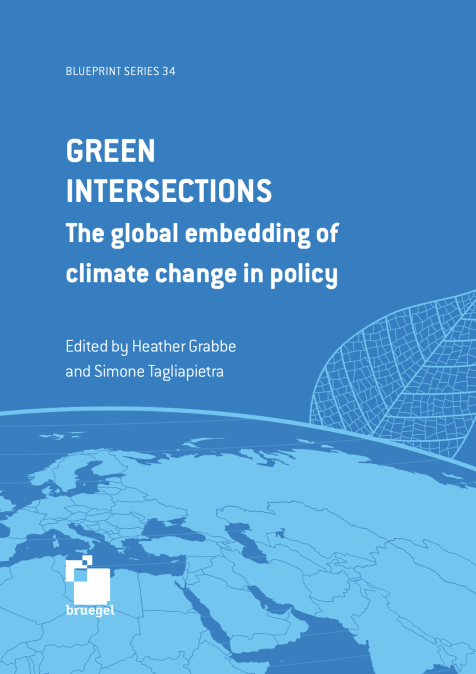The global energy landscape in 2024 reflects a complex interplay of geopolitical tensions, economic pressures, and uneven progress in clean energy transitions. Despite record growth in renewable energy deployment and advancements in low-carbon technologies, the world continues to fall short of meeting its climate goals. Fragmented markets, entrenched fossil fuel dependencies, and supply chain vulnerabilities continue to challenge energy security and hinder global decarbonization eff ...





